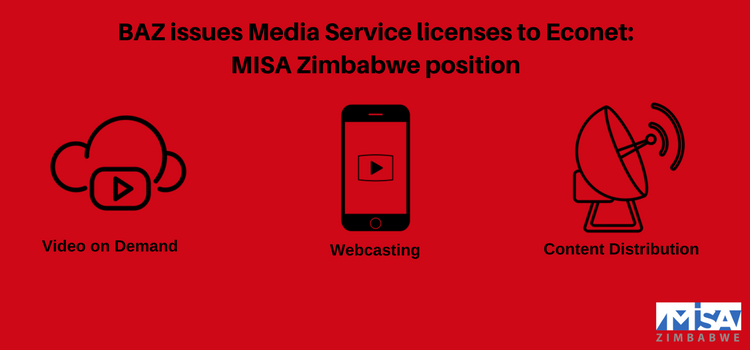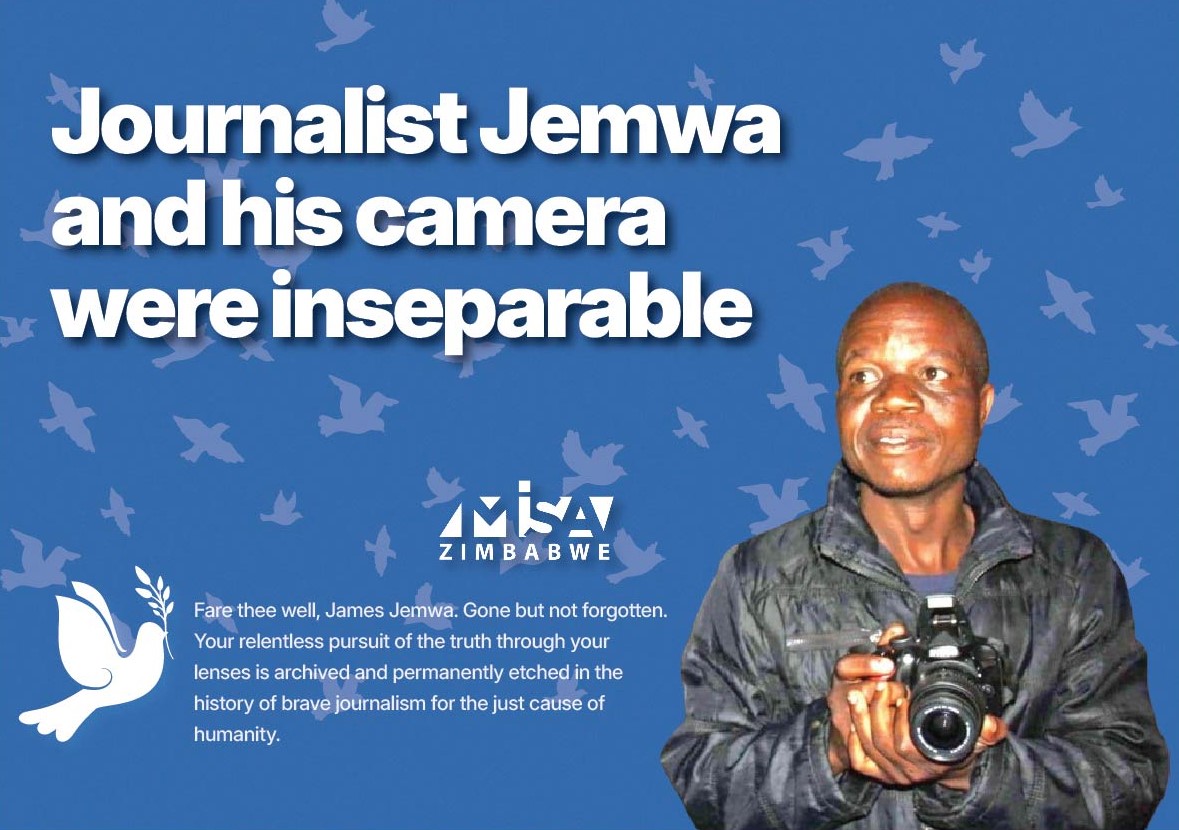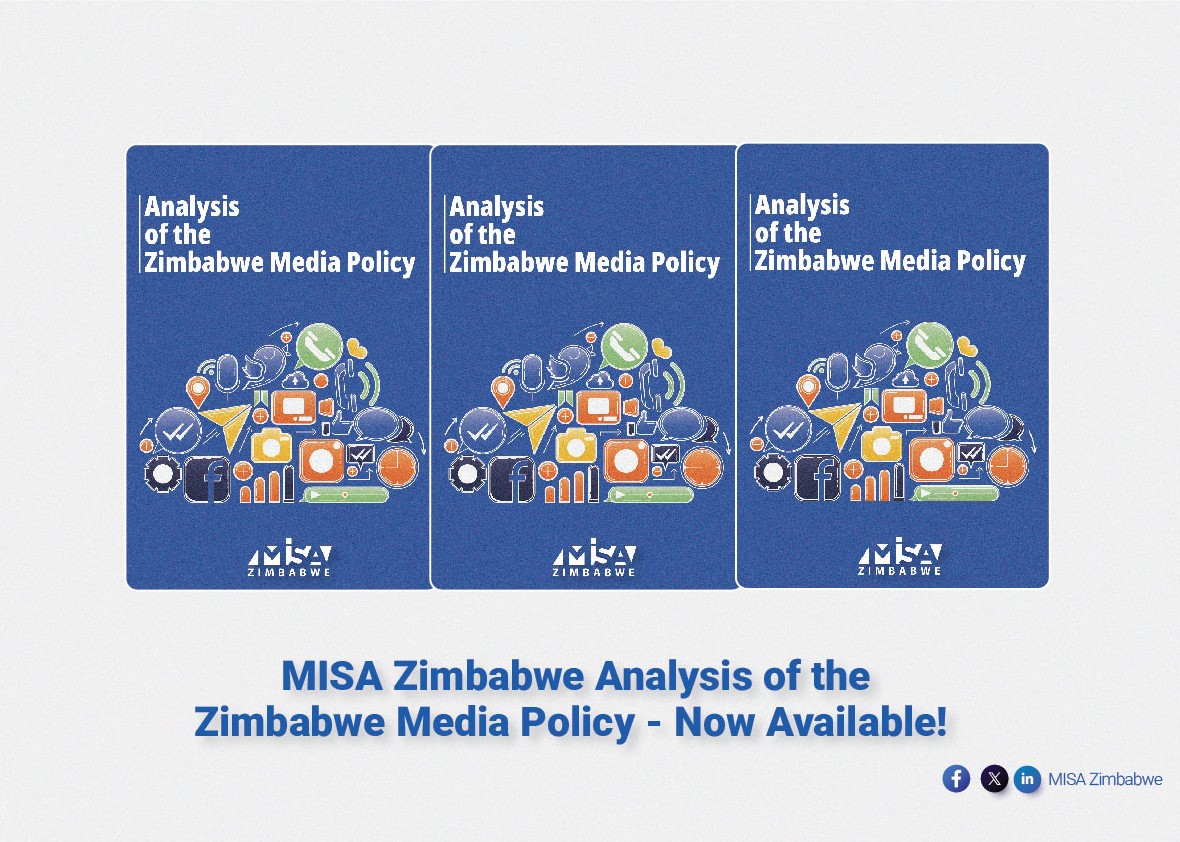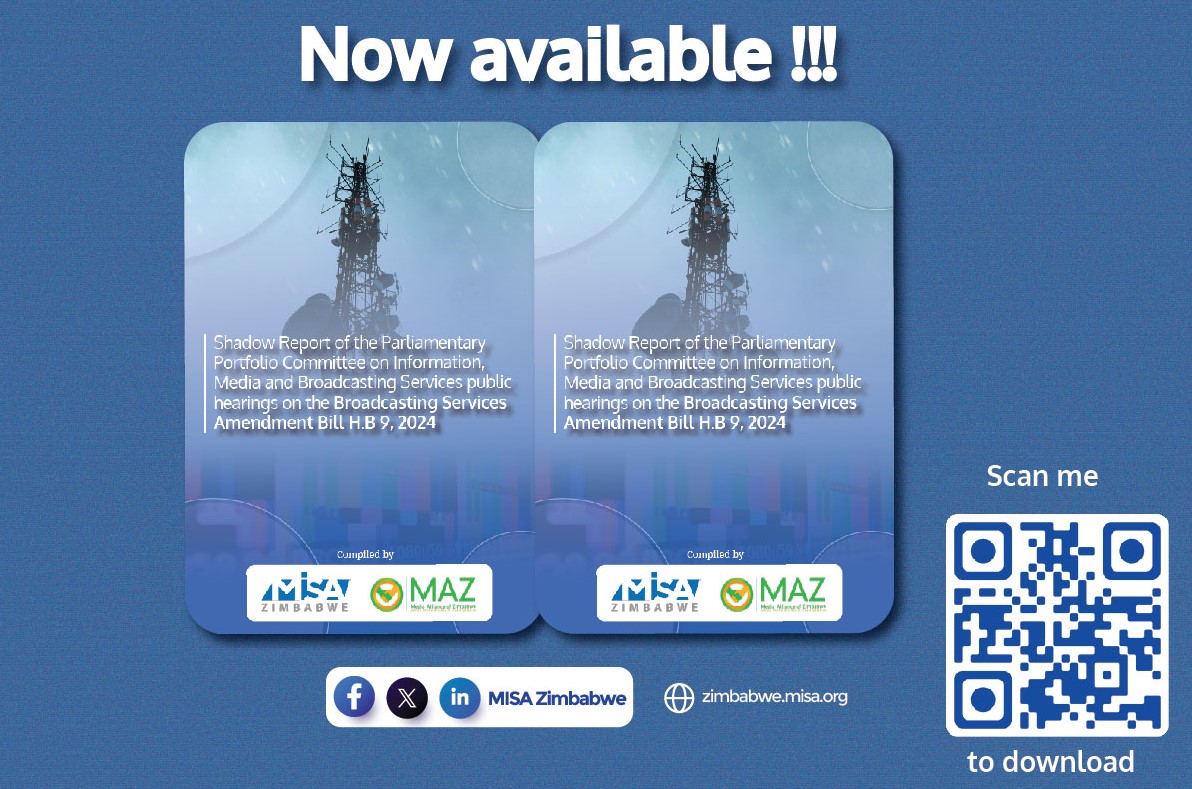On Thursday 3 May, Econet Zimbabwe issued notices in local print media announcing that it had acquired three Media Service Licences.
The three licences are: Video on Demand License, Webcasting License, and a Content Distribution License. These licences were issued to Econet by the Broadcasting Authority of Zimbabwe in terms of Section 10 of the Broadcasting Services Act.
Webcasting services are plainly defined as computer-mediated broadcasting services. This covers the broadcasting of any content over or using the Internet. A webcast may either be live or on demand.
An example of a live broadcast may be a programme or event shared using Facebook Live. On the other hand an example of an on demand webcast may be a video posted to YouTube. The difference between the two services is that one covers live events and the other is for events which are not live.
As stated above, video on demand services is a form of webcast. Video on demand services are defined as a “service through which video or audio content is delivered at the request of persons having equipment appropriate for receiving that service and is made available to persons with or without payment of a subscription fee, whether such payment is periodical or otherwise…”.
Video on demand systems or services allow users to select and watch or listen to video or audio media such as movies and TV shows when they choose to, rather than having to watch at a specific broadcast time determined by the broadcaster. An example of a video on demand service is Netflix.
The definition of webcast services is wide enough to cover video on demand content as well. One then wonders why the BAZ would choose to license these closely linked services separately. It appears to be a costly duplication of licensing. This is one effect of a now dated licensing regime which is not flexible enough to cater for the technology driven changes to broadcasting services.
Lastly, a content distribution service is defined as “service provided by a content distributor comprising content aggregated within or outside Zimbabwe that is made available in Zimbabwe with or without payment of a subscription fee and the reception is through satellite transmission”. Any a person who provides a content distribution service is called a “content distributor” with a valid Content Distribution License.
The notable difference between the Content Distributor License and the two other licenses described above, is that the Content Distributor License is for content distributed through satellite transmission whereas the other two licenses deal with content distributed over the Internet.
Does the issuing of these licenses to a private entity mean that Zimbabwe’s airwaves are now open?
In part, yes. However, this is only a small but commendable step.
The high licensing fees associated with the above-mentioned licenses mean that only a few organisations will be able to pay for them. Each of these licenses carries a non-refundable application fee of $2,500.00.
In addition to the application fees, other fees for the licenses are as follows. The Video on Demand License is valid for 3 years at a cost of $20,000.00 per year and 2% of the monthly subscription turnover.
The Webcasting License fee is $6,000.00 per year for content provision and $6,000.00 per year for a webcasting server facility.
The Content Distributor License carries a licence fee of $100,000.00 per year for 10 years and an annual contribution to the Broadcasting Fund of $50,000.00 per year.
Statistics say that about half of Zimbabwe’s population has access to the Internet. Local Internet access costs are high when compared with the rest of the SADC region, this makes streaming content online an expensive exercise. Content distributed over the Internet will be at best, accessible only to a portion of Zimbabwe’s population.
MISA therefore, still submits that licensing of community radio stations, and other privately owned national and regional radio stations is a necessary step in promoting a healthy environment which fosters media rights and access to information by the majority of the population. Accordingly, government is hereby called upon to prioritise the licensing of broadcasting services which reach the majority of Zimbabweans who do not have access to broadband Internet.
//END













